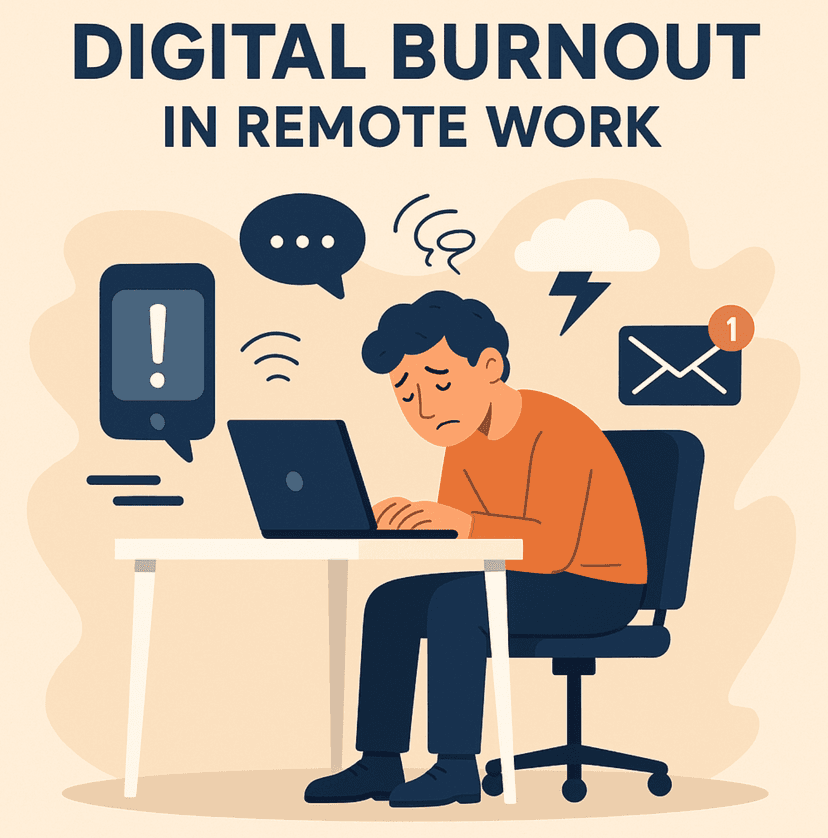
Remote Work in 2025: The Pros and Cons
Remote work has become a defining feature of the modern workplace. Explore the benefits and challenges of remote work and how coworking spaces are helping professionals strike the right balance.
Introduction
Remote work has become a defining feature of the modern workplace. What began as a necessity during the pandemic has now evolved into a permanent option for many businesses and employees. According to Forbes, nearly 13 percent of full-time employees work from home, while 28 percent follow a hybrid schedule. Remote work is no longer just a trend. It is an expectation.
Like any model, remote work has benefits and challenges. Below, we break down the pros and cons and explore how coworking spaces are helping professionals and businesses strike the right balance.
The Pros of Remote Work
1. Flexibility and Autonomy
Remote work allows employees to design their schedules around peak productivity times. It supports work-life balance and gives professionals more control over where and how they work.
2. Access to a Wider Talent Pool
Businesses are no longer limited to local candidates. Remote work allows SMBs and enterprises alike to hire talent from across the country or even globally.
3. Reduced Overhead Costs
Companies save on rent, utilities, and office supplies when employees work remotely. For SMBs, these cost savings can be reinvested into growth.
4. Increased Productivity for Many Workers
For employees who thrive without office distractions, working from home can lead to more efficient use of time and higher overall output.
The Cons of Remote Work
1. Isolation and Loneliness
One of the biggest drawbacks of remote work is the lack of social interaction. According to Gallup, employees who feel isolated are more likely to experience burnout and disengagement.
2. Blurred Work-Life Boundaries
Remote workers often struggle to disconnect, leading to longer hours and higher stress levels. Without a physical boundary between work and home, burnout becomes a real risk.
3. Limited Collaboration and Creativity
Spontaneous conversations and brainstorming sessions are harder to replicate virtually. Innovation sometimes suffers without face-to-face collaboration.
4. Distractions at Home
From household chores to family interruptions, home environments are not always ideal for focused work.
How Coworking Spaces Solve the Challenges of Remote Work
Coworking spaces are becoming a critical part of solving the downsides of remote work. They offer:
- Community and connection: A chance to interact with other professionals and reduce loneliness.
- Separation of home and work: A dedicated workspace helps remote workers set boundaries and maintain balance.
- Professional amenities: High-speed internet, private meeting rooms, and quiet zones enhance productivity.
- Collaboration opportunities: Networking and community events spark creativity and build relationships.
Zentry Pass: A Flexible Solution for Remote Teams
One innovative way companies are addressing remote work challenges is by offering coworking access as a perk. Platforms like Zentry Pass allow employers to provide team members with access to coworking spaces across multiple locations.
Here is how it works:
- Employers purchase memberships so employees can drop into different coworking spaces.
- Employees gain flexibility while enjoying community and professional work environments.
- If a worker loves a specific space, they can upgrade to a full membership directly with that location.
For businesses, Zentry Pass creates a cost-effective perk that supports employee well-being and productivity. For coworking operators, it fills empty desks and introduces new professionals to their spaces.
Conclusion
Remote work has undeniable benefits, from flexibility to cost savings. However, challenges like isolation, blurred boundaries, and limited collaboration are real. Coworking spaces are bridging the gap by providing remote workers with connection, focus, and professional environments.
With solutions like Zentry Pass, businesses can offer employees the best of both worlds: the freedom of remote work paired with the structure and community of coworking. This balance is the key to making remote work sustainable in 2025 and beyond.
DeskSpatch Team
Hybrid Work Experts
DeskSpatch
Our team of experts provides insights on hybrid work, remote collaboration, and coworking space optimization for small and medium businesses.

